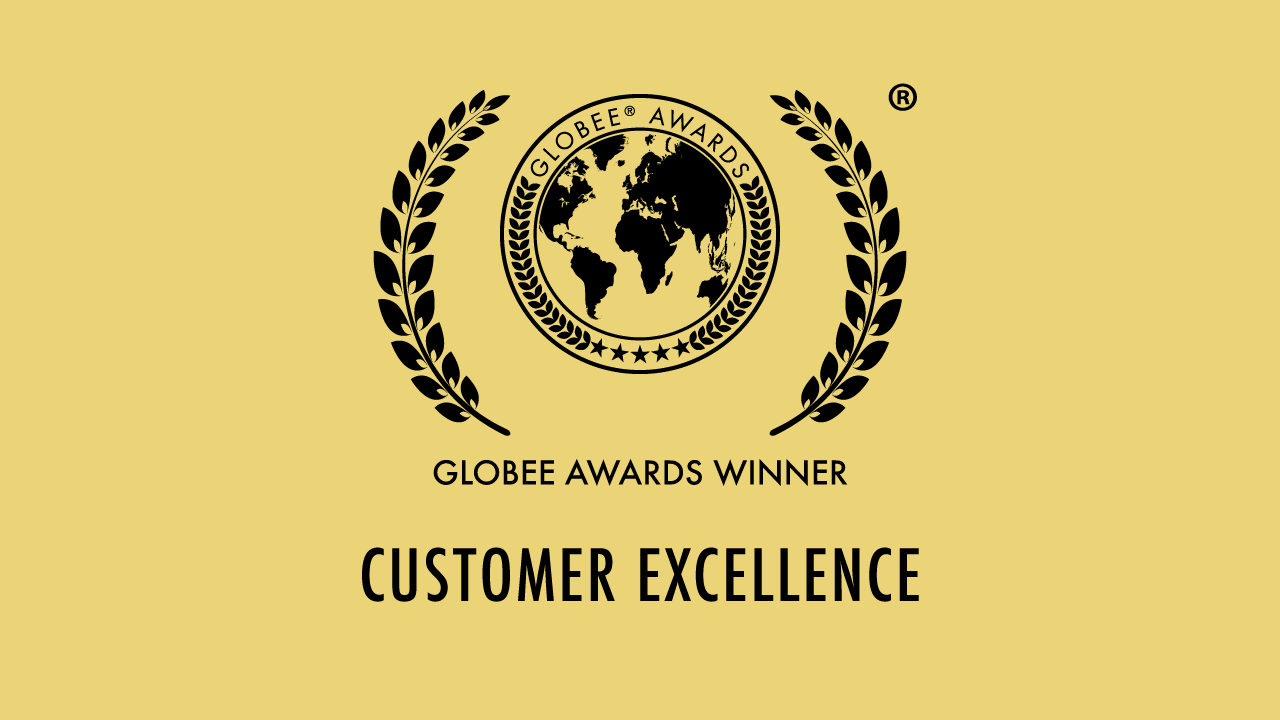Cloud Insights
- Home
- :
- BlueXP and Services
- :
- Cloud Insights
- :
- Cloud Insights multiple organizations under one account
Cloud Insights
- Subscribe to RSS Feed
- Mark Topic as New
- Mark Topic as Read
- Float this Topic for Current User
- Bookmark
- Subscribe
- Mute
- Printer Friendly Page
- Mark as New
- Bookmark
- Subscribe
- Mute
- Subscribe to RSS Feed
- Permalink
- Report Inappropriate Content
hello team,
we are evaluating Cloud Insights as a platform to monitor multiple customers that we manage.
during the first sign up , an organization is created and within the organization we can add multiple data collectors.
as we are managing multiple customers, is it possible to have multiple organizations (one for each customer) under the same Cloud Insight account (dashboard). if no we need to create different Cloud insight accounts each one with a different email address or we can use the same one?
we want to avoid having all customers under one organization because the info will all be together.
thanks,
Manolis
Solved! See The Solution
- Mark as New
- Bookmark
- Subscribe
- Mute
- Subscribe to RSS Feed
- Permalink
- Report Inappropriate Content
Hi @Manolis ,
You could handle this in one of two ways, and I've seen others in the service provider space take either approach based on what is most suitable to their needs at the time.
- Use a single Cloud Insights tenant, but Annotate all monitored assets in each customer environment using the 'Business Entity' annotation. This would allow you to always flag each asset as belonging to some Tenant/Line of Business/Business Unit/Project for example. Note that while this allows you to search, filter, and group assets by customer, it does not segment the data into siloed environments. The benefit here is that all monitoring, alerting, reporting, etc. can be done from a single UI - it is much less to manage and it makes it much easier for your operations teams to get to answers about various things quickly and easily. The drawback is that all of the data is still combined in a single Cloud Insights tenant - meaning you cannot grant each customer access to the tenant for example or restrict which users in your team can see which assets.
- Create a new Cloud Insights tenant for each new customer environment. This guarantees a total segmentation of one customer from another, but will come with the added overhead of managing monitors, dashboards, alerting, etc. in each individual tenant. A major benefit however is that you can then add users from the customer to the tenant so they can see view their assets or set monitors (if needed).
- Mark as New
- Bookmark
- Subscribe
- Mute
- Subscribe to RSS Feed
- Permalink
- Report Inappropriate Content
Hi @Manolis ,
You could handle this in one of two ways, and I've seen others in the service provider space take either approach based on what is most suitable to their needs at the time.
- Use a single Cloud Insights tenant, but Annotate all monitored assets in each customer environment using the 'Business Entity' annotation. This would allow you to always flag each asset as belonging to some Tenant/Line of Business/Business Unit/Project for example. Note that while this allows you to search, filter, and group assets by customer, it does not segment the data into siloed environments. The benefit here is that all monitoring, alerting, reporting, etc. can be done from a single UI - it is much less to manage and it makes it much easier for your operations teams to get to answers about various things quickly and easily. The drawback is that all of the data is still combined in a single Cloud Insights tenant - meaning you cannot grant each customer access to the tenant for example or restrict which users in your team can see which assets.
- Create a new Cloud Insights tenant for each new customer environment. This guarantees a total segmentation of one customer from another, but will come with the added overhead of managing monitors, dashboards, alerting, etc. in each individual tenant. A major benefit however is that you can then add users from the customer to the tenant so they can see view their assets or set monitors (if needed).
- Mark as New
- Bookmark
- Subscribe
- Mute
- Subscribe to RSS Feed
- Permalink
- Report Inappropriate Content
Miles - all spot on. Adding than with a single tenant with annotations, reports on a per customer environment basis can be scheduled to run on an cadence and then you can deliver these to customers.
- Mark as New
- Bookmark
- Subscribe
- Mute
- Subscribe to RSS Feed
- Permalink
- Report Inappropriate Content
amazing!
thank you both.. i was not aware of 'Business Entity' annotation. i will give it a try.
thanks !!
- Mark as New
- Bookmark
- Subscribe
- Mute
- Subscribe to RSS Feed
- Permalink
- Report Inappropriate Content
annotations and annotations rules works well but is there a way to inherit annotations values from a parent object?
for example vms in a ESXi host should inherit all annotations sets on the host level
all volumes on a storage should inherit all annotations sets on the storage level
- Mark as New
- Bookmark
- Subscribe
- Mute
- Subscribe to RSS Feed
- Permalink
- Report Inappropriate Content
CI only does that by design on a select few things. Namely, cascade of Tier and Service Level from Storage Pool to Internal Volume and Volume - if memory serves me right.
Since CI is often used by many groups in an organization though, we find that oftentimes the same Annotation might be used in different ways on different parts of the infra. As such, we haven't made any other cascades 'out of the box'.
You're in luck though, @hotz wrote a script awhile back which he uses to do just this. You can check it out on his github here, plus a few other possibly useful tools he's created: netapp_cloud-insights/ci-inherit-annotation at main · hotzg/netapp_cloud-insights (github.com)
- Mark as New
- Bookmark
- Subscribe
- Mute
- Subscribe to RSS Feed
- Permalink
- Report Inappropriate Content
many thanks for the feedback provided !!


